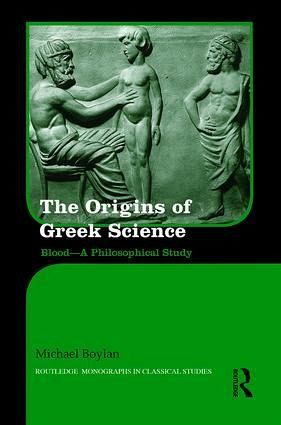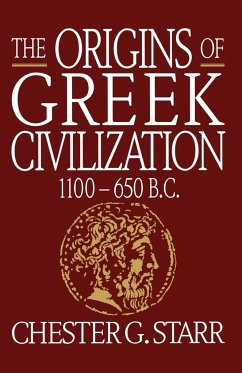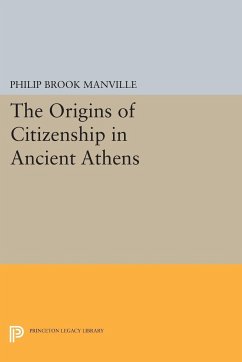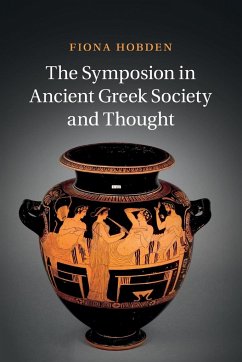
The Origins of Ancient Greek Science
Blood-A Philosophical Study
Versandkostenfrei!
Versandfertig in 1-2 Wochen
189,99 €
inkl. MwSt.
Weitere Ausgaben:

PAYBACK Punkte
95 °P sammeln!
This book examines the origins of ancient Greek science using the vehicles of blood, blood vessels, and the heart. Careful attention to biomedical writers in the ancient world, as well as to the philosophical and literary work of writers prior to the Hippocratic authors, produce an interesting story of how science progressed and the critical context in which important methodological questions were addressed. The end result is an account that arises from debates that are engaged in and "solved" by different writers. These stopping points form the foundation for Harvey and for modern philosophy ...
This book examines the origins of ancient Greek science using the vehicles of blood, blood vessels, and the heart. Careful attention to biomedical writers in the ancient world, as well as to the philosophical and literary work of writers prior to the Hippocratic authors, produce an interesting story of how science progressed and the critical context in which important methodological questions were addressed. The end result is an account that arises from debates that are engaged in and "solved" by different writers. These stopping points form the foundation for Harvey and for modern philosophy of biology. Author Michael Boylan sets out the history of science as well as a critical evaluation based upon principles in the contemporary canon of the philosophy of science-particularly those dealing with the philosophy of biology.














